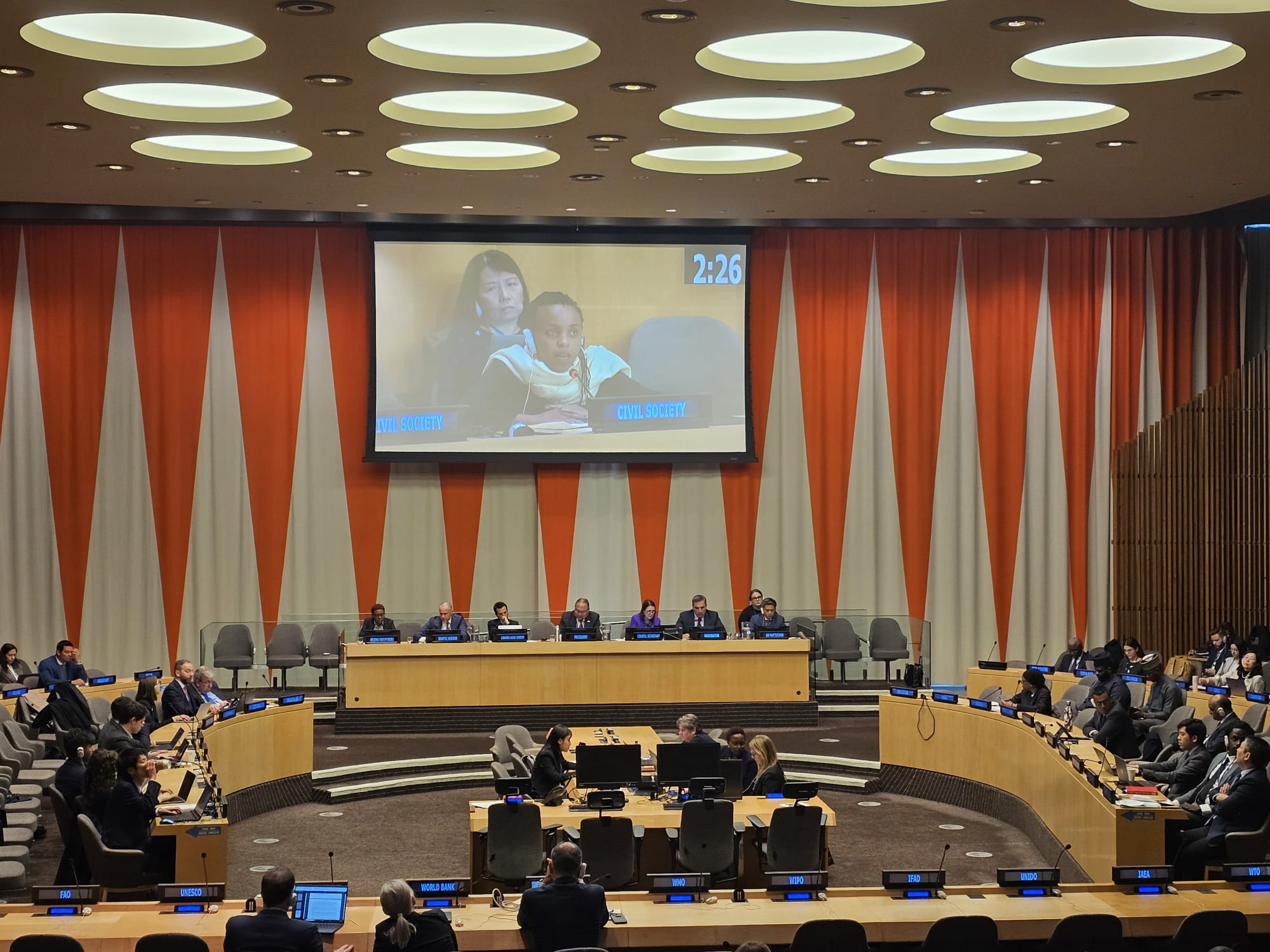Date

TJNA has called for the ongoing UN Tax Convention process to offer solutions to challenges of wealth and solidarity taxation that have contributed to wide inequalities and unfair tax systems in developing countries.
While making submissions at the 2024 ECOSOC Special Meeting on International Cooperation in Tax Matters, TJNA noted the important role of wealth taxation and acknowledged its role in not only raising revenue for the fulfilment of Sustainable Development Goals (SDGs) but also bridging the inequality gap.
Speaking at the meeting, TJNA’s Policy Officer Everlyn Muendo highlighted the widening gap between the rich and the vulnerable in society, with over 350 million people projected to live in extreme poverty if the financing gap for SDGs is not met. She attributed this to the huge growth in wealth by the rich, which exceeded the rate of inflation.
“Recent reports indicate that billionaires are now US$3.3 trillion or 34% richer than they were at the beginning of 2020, with their wealth growing three times faster than the rate of inflation.” Ms Muendo noted.
Ms. Muendo added that TJNA was fully appraised on the challenges that developing countries face when implementing wealth taxes, including poor valuation systems, secrecy jurisdictions that allow the wealthy to hold their assets offshore as well as high administrative and compliance costs.
“Tax transparency is central to the success of wealth taxation. The two aspects of tax transparency essential to successfully implementing wealth taxation at the global and domestic levels are beneficial ownership transparency and the development of global asset registries.” She noted.
Ms. Muendo shared TJNA’s recommendations for the consideration of issues around wealth tax under the proposed framework convention on international tax cooperation and subsequent protocols.
She also highlighted TJNA’s continued call for inclusivity and fairness in international tax systems, echoing sentiments expressed by the Africa Group. This would provide an opportunity to address issues of inclusivity and fairness in the governance structures of international tax systems and provide room to address the issues that developing countries put forward.
The meeting brought together UN Member States, including officials from ministries of finance and national tax authorities, members of the UN Tax Committee, regional and international organisations, civil society, private sector, and academia. It sought to identify effective approaches to fiscal policies for inclusive and sustainable development and to support a fair, inclusive, and effective international tax system.
Related resources
For more information, please contact emuendo[@]taxjusticeafrica.net